Ngo Hung Lam, a Vietnamese resident, arrived in the Japanese province of Chiba in 1980 as a construction worker. Since then, he underwent many years of hard working in the province. During a trip to his homeland in 1995, he visited the well-known pottery village of Bat Trang in northern Vietnam and decided to introduce the village’s unique products to Japan.
After selling Bat Trang ceramics in Chiba for two years, Ngo Hung Lam considered selling Japanese flowers in pots made by Bat Trang artisans. The decision came from his deep understanding of Japanese tastes and Ikebana, the Japanese art of flower arrangement.
Flowers are available in Japan all year round with a wide range of species and colours. Japanese people, who have a special love for flowers, often place them in a small pot in a garden corner or on the windowsill to improve their lives.
Following careful deliberations, he ordered flowerpots from Bat Trang craftsmen with decorative patterns designed by him. After 10 years, he has gained a lot of experience in planting and selling flowers as well as designing flowerpots. His flower shop has flourished to become the most well-known shop in Chiba province.
Ms Watanabe, who regularly patronizes Lam’s store, said the shop is the biggest of its kind in the region and offers many types of flowers priced reasonably. Japanese people especially favour the flowers planted in Bat Trang ceramic pots, she added.
However, Mr Lam’s road to success has encountered numerous hindrances. For example, it was difficult for an overseas Vietnamese like him to rent a favourable lot of land to do business on. Therefore, the man had to lease a very cheap but deserted plot. He has exerted a lot of effort to develop his business from a tiny 12m2 shop to a 6000m2 establishment with a splendid forest of flowers.
In addition to his business, Ngo Hung Lam has made active contributions to Chiba province. In the local park there are many public works ranging from stone benches and statues to flower gardens which were supplied thanks to his labour and financial support. Chiba inhabitants affectionately call him Fuji Kun, meaning Fuji boy. (Fuji is a famous mountain in Japan.)
Mr Lam is now nurturing a bigger ambition - to set up a Vietnamese village in Chiba, his second homeland. He hopes the village will be a Vietnamese cultural environment for Vietnamese settlers in Japan who have retired or who have experienced unfortunate lives to share their sympathy towards the native land of Vietnam.
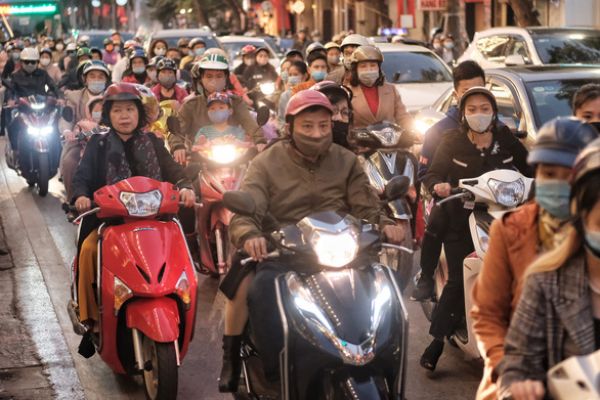
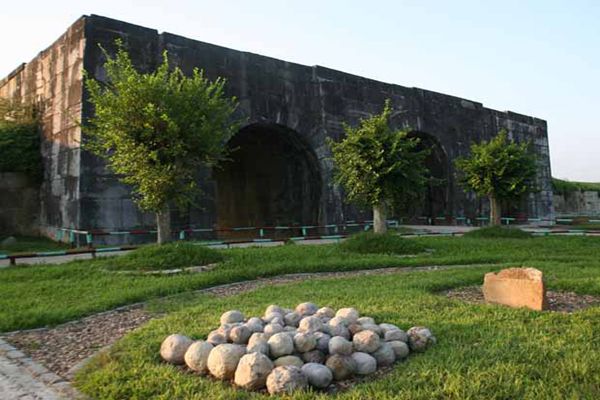
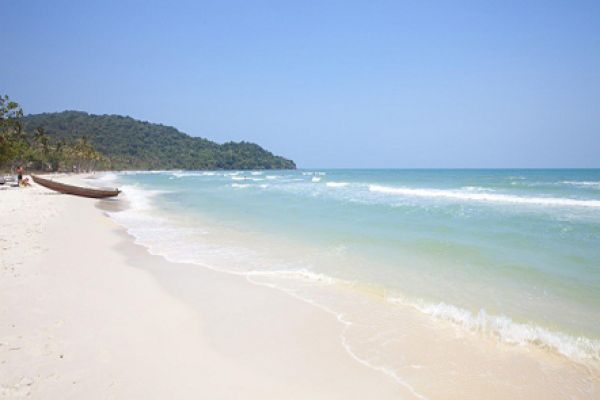
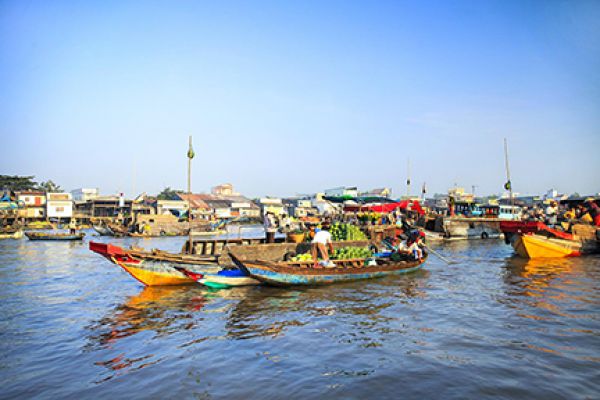
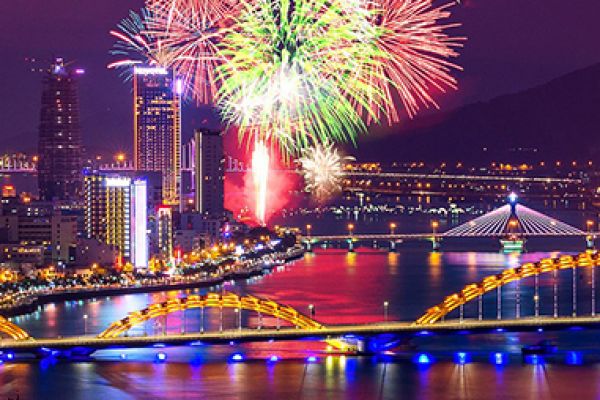

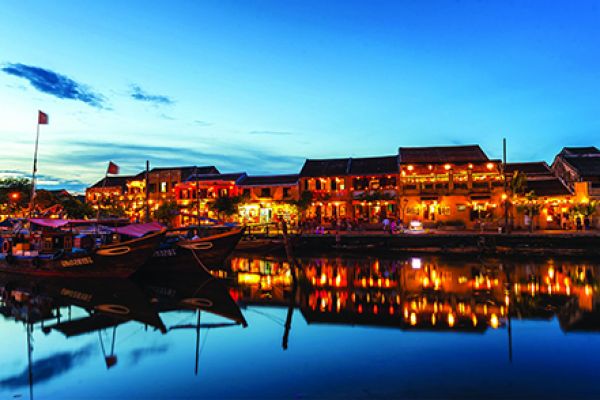
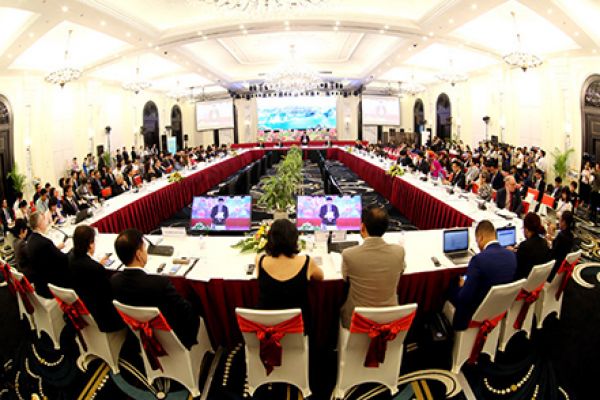
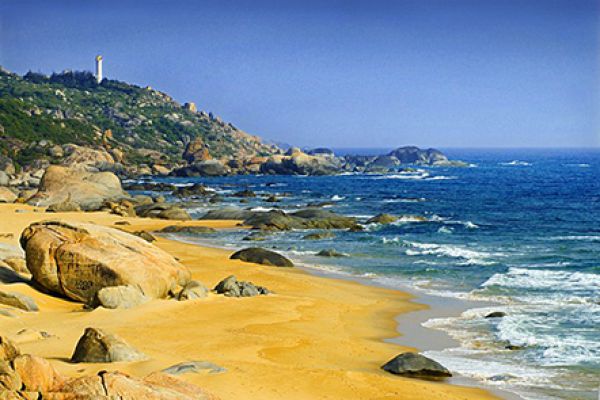
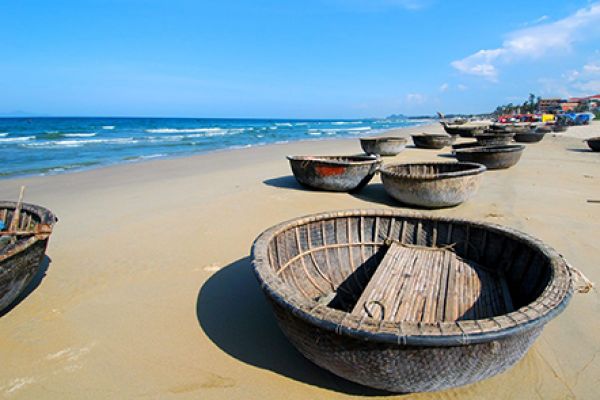
(84-63) 3 826042 – (84-63) 3 511142
No 54 Nguyen Dinh Chieu, Ham Tien Central Mui Ne Beach Binh Thuan Vietnam
523 To Hien Thanh District 10 Ho Chi Minh City Vietnam
Ha Long Halong City Quang Ninh Vietnam
A13 Hung Thong 2 Halong City Quang Ninh Vietnam




